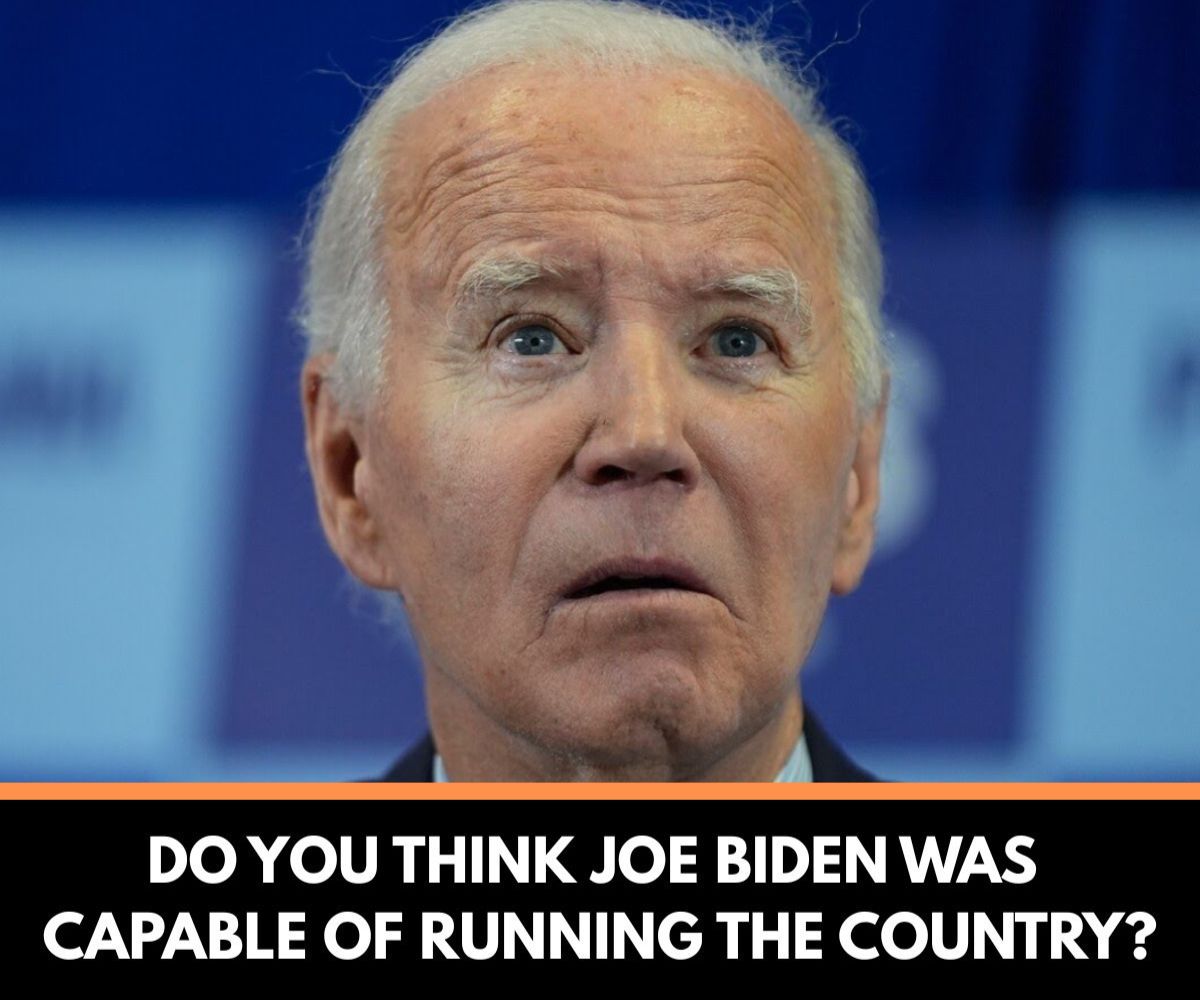A USAID employee responsible for overseeing agency contracts created a fictitious company to illegally obtain coronavirus relief funds for personal gain, federal prosecutors announced Friday.
“Yusuf Akoll worked as a Senior Procurement Contract Specialist at the U.S. Agency for International Development,” according to a previously unreported court document. “From at least in or around March 2021, and continuing through at least in or around August 2021, Akoll [made] materially false, fictitious, and fraudulent statements…that resulted in Akoll receiving two [Paycheck Protection Program] loans totaling approximately $16,666 that he was not entitled to receive.”
Prosecutors allege that in November 2020, Akoll registered a company in Virginia named Naagode Consulting LLC and then applied for a Paycheck Protection Program (PPP) loan under the federal COVID-19 relief program. He claimed to be employed by Naagode and stated the funds were needed to avoid layoffs.
However, eligibility for the program required businesses to be operational as of February 2020, prompting Akoll to falsely list the company’s start date as January 2020. To justify the loan, he also claimed the company earned $40,000 in 2019, despite it having no income at all, according to prosecutors.
Akoll was charged with making false statements in Washington, D.C., federal court through an “information,” a filing that typically indicates a plea agreement is in the works, the Daily Wire reported.
The fact that the loan was approved underscores how recklessly the government distributed vast sums of money during the coronavirus pandemic. Akoll’s claim that the company earned $40,000 in 2019 directly contradicted his own assertion that it wasn’t founded until January 2020.
Small Business Administration officials failed to verify the company’s formation date—easily accessible through state corporation records—or cross-check the claimed income against federal tax filings, revealing a lack of basic due diligence. It also highlights the kind of oversight gaps the Department of Government Efficiency has focused on addressing as a core part of its mission.
USAID was shut down, and its remaining functions were absorbed into the State Department amid concerns from Republicans and the Department of Government Efficiency over widespread financial mismanagement. According to records, Akoll had oversight of hundreds of thousands of dollars in funding directed to foreign countries, money that was often difficult to track and monitor effectively.
Coronavirus relief payments were distributed under a “pay and chase” model, in which the government prioritized rapid disbursement with the expectation that fraudulent claims would be pursued later. However, the Biden administration largely abandoned efforts to recover those funds.
In 2023, the Biden administration announced it would not attempt to collect loans under $100,000 that were technically required to be repaid, citing “equity” concerns. While most loans were designed to be forgiven, recipients who failed to meet forgiveness criteria were still obligated to repay them.
This decision drew criticism from the Small Business Administration’s inspector general, who said the policy “is not in compliance with applicable criteria.” It warned that failing to pursue known fraudsters sends a message that abuse of government programs will go unpunished.
In March 2025, Congress came close to allowing the Special Inspector General for Pandemic Recovery (SIGPR)—the watchdog established to investigate fraud in the pandemic relief effort—to expire, a move that would have effectively ended scrutiny of one of the largest and most disorderly government spending sprees in history.
Sen. Ed Markey (D-MA) criticized the office, arguing it had recovered just three dollars for every dollar spent on staffing, less than what he believed was acceptable. However, watchdog group CourtWatch, which pushed for the office’s continuation, countered that SIGPR operated with only a few dozen employees and shutting it down would further hamper efforts to recover misused funds.
Sen. Joni Ernst (R-Iowa), the head of the Senate DOGE Caucus, fought to keep the inspector general, saying, “I will not allow fraudsters to get away with stealing hundreds of billions of dollars from taxpayers.”
The head of Lexis Nexis Risk Solutions testified to Congress that criminals stole $1 trillion in COVID money, most of which went overseas.
